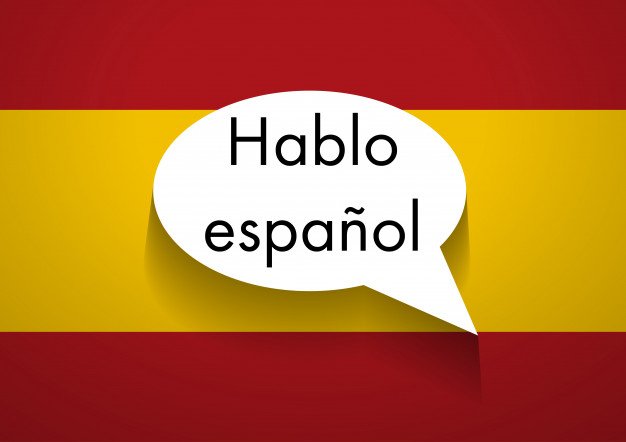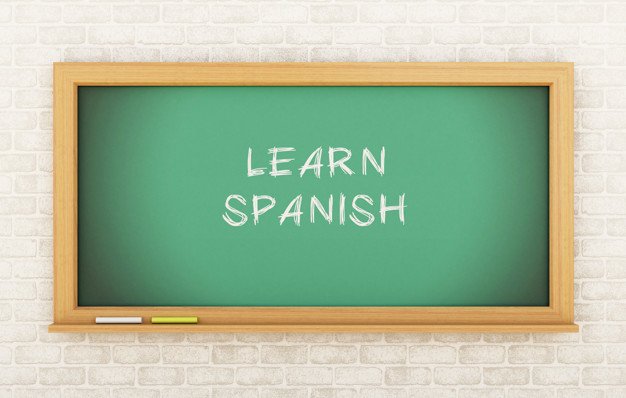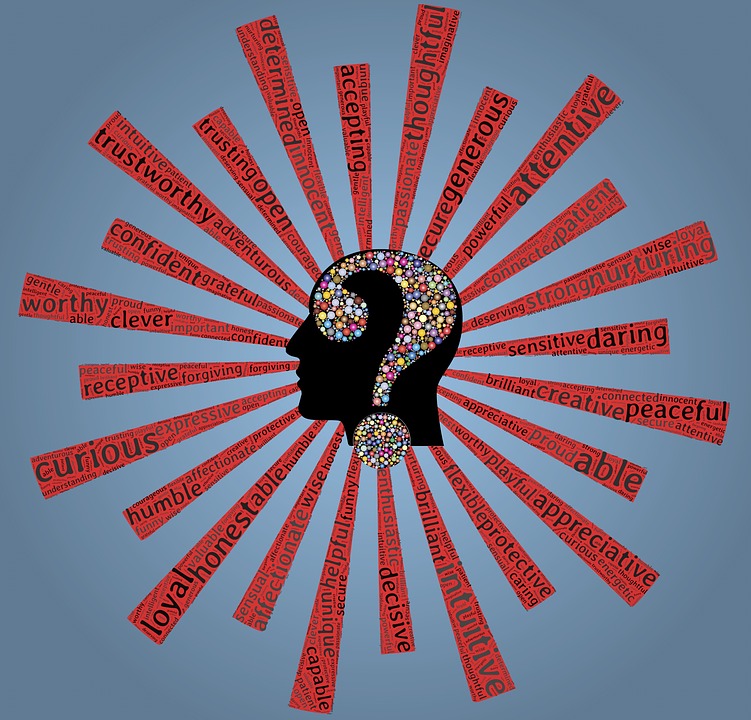Do you remember the time when you learned a new activity for the first time? Were you able to ace it on your first try or did you have you keep trying till you become perfect at it? I bet it’s the latter. The same goes for when you jump start learning a new language.
In the last few years, the number of people learning Spanish language has gone up increasingly. This is because of a number of reasons. Most people are intrigued when it comes to Spanish culture and literature. They want to know about ancient civilizations, the history and the knowledge that guided areas in and around Spain.
In this article, we will talk about some of the benefits of learning the Spanish language. We will also discuss some tips, which can help you get a hang of the language in a short span of time.
Advantages of Learning Spanish Language:
There are many advantages of learning Spanish. Some of the most important ones are-
1. To understand History and Civilization:
In addition to the Greek and Roman civilizations, Spain also boasted one of the most glorious civilizations in the world. From literature to scientific advancement, Spanish intellectuals and scientists have given many contributions to the modern world.
If you know the language of the region, you can gain access to a host of literature written in the native language. Translating something into English takes away the essence and meaning that is often there in native translation.
2. Employment and Business Opportunities:
Many universities all over the world offer International Studies and Languages. If a Spanish company wants to set up business in some other country or vice versa, they will require someone who knows the Spanish language.
Learn Spanish language can open up a host of employment opportunities as a translator. Translators are paid handsomely for a short stint. You do not even have to compromise on your full-time work. Most of these assignments are small projects where you can earn handsomely.
3. Shifting to Spain or settling down in Spain:
Spain is one of Europe’s most powerful economies. The country boasts of a number of financial, economic and business opportunities. If you want to explore career opportunities in Spain, learn Spanish language can help you get an edge over others.
You might have an MBA or any other commercial qualification. However, if you know the local language, you will always be considered over candidates who might have the same qualifications but do not know the local language.
Tips to Learn Spanish Language:
Although it is normal to make mistakes, keeping in mind the following tips will help you move forward in your Spanish learning journey.
i) Practice reading:
To get all the added benefits of reading, it is suggested that you try reading out loud. This will also allow you to get a good grasp of the pronunciation of the Spanish language. As a beginner, it is best that you spend as much time possible on reading out loud, be it your study materials or a book written in Spanish language.
ii) Find like-minded people:
Make friends with individuals who are native speakers, so that they can become your conversation partners. You can consider them as one of the greatest asset, who can provide you with valuable assistance in your journey to learn Spanish.
iii) Be patient:
Language learning can be a tedious job for an adult, where the learning progress might not be consistently exponential. As a beginner, you may not be able to make the same amount of progress each day, as you will have to spend quality time going back and reviewing things.
iv) Label your things:
Labeling the items in your surroundings is another trick to master the vocabulary of a new language that you are currently trying to hone. Make labels for things all over your house or your workspace, to enhance visual learning.
v) Create flashcards:
Making flashcards and employing them into your day-to-day lifestyle is another great tip to accelerate your language learning Make sure that these cards are small enough to easily carry them around with you. Make sure that you always have a few cards with you, with English on one side and Spanish on the other, for each sentence or word.
vi) Communicate with yourself:
Talking to yourself when learning a foreign language will allow you to enhance your listening skills, as well as develop your speaking skills at the same time. Talking to yourself will allow you to correct your own mistakes, pushing you towards becoming proficient in a specific language.
vii) Remain consistent:
It is important to be consistent as language learning takes both time and commitment. Consistency is one of the most essential factors, which requires you to devote a specific amount of time each day to your language session.
viii) Speak in a public:
Practice speaking at a normal conversational volume, in front of an audience. This will enable you to master all the rules related to grammar and learn to speak a foreign language efficiently.
Conclusion:
In this article, we have tried to outline some of the major advantages of learn Spanish language. We have also looked at how you can follow some tips to master the language in a short span of time.
As discussed before, being one of the most important countries in Europe, Spain offers wonderful opportunities both for the history buff, as well as to someone who wants to explore economic opportunities. By picking up an extra language skill, you will always have an edge over your competitors. Else, you can also explore opportunities from a Spanish translator point of view.
If you are all set to learn a foreign language, then take up Spanish evening classes to develop your language proficiency. Do let us know about some other languages that offer such benefits and employment opportunities in the comments section below.
We hope you liked our article on learn Spanish language. If you wish to know more, please feel free to get in touch with us.
Read Also:
























